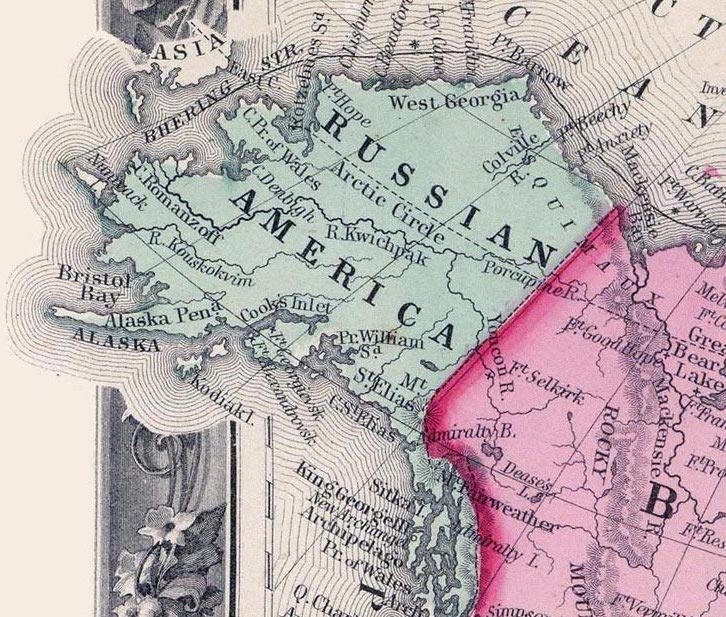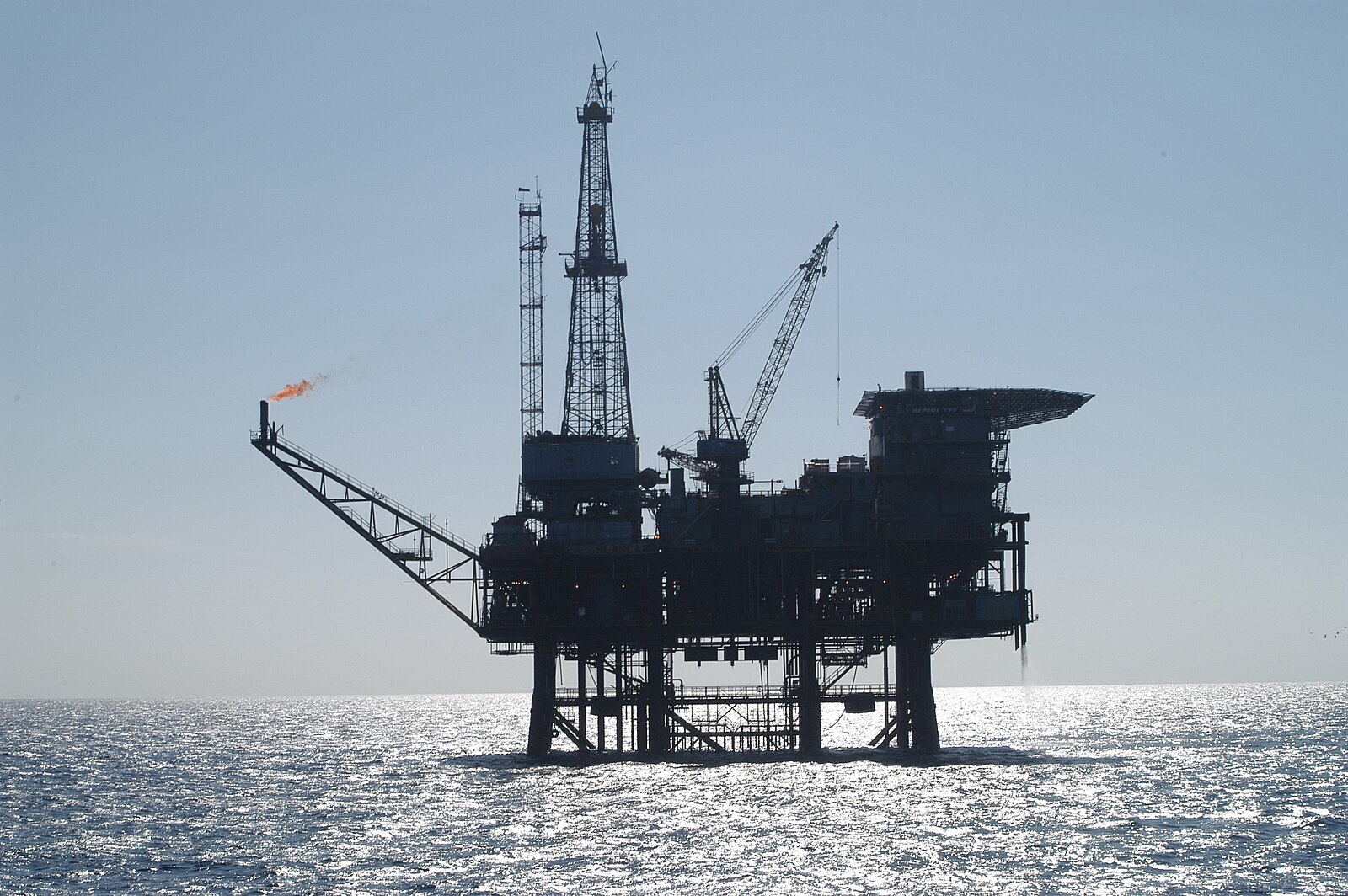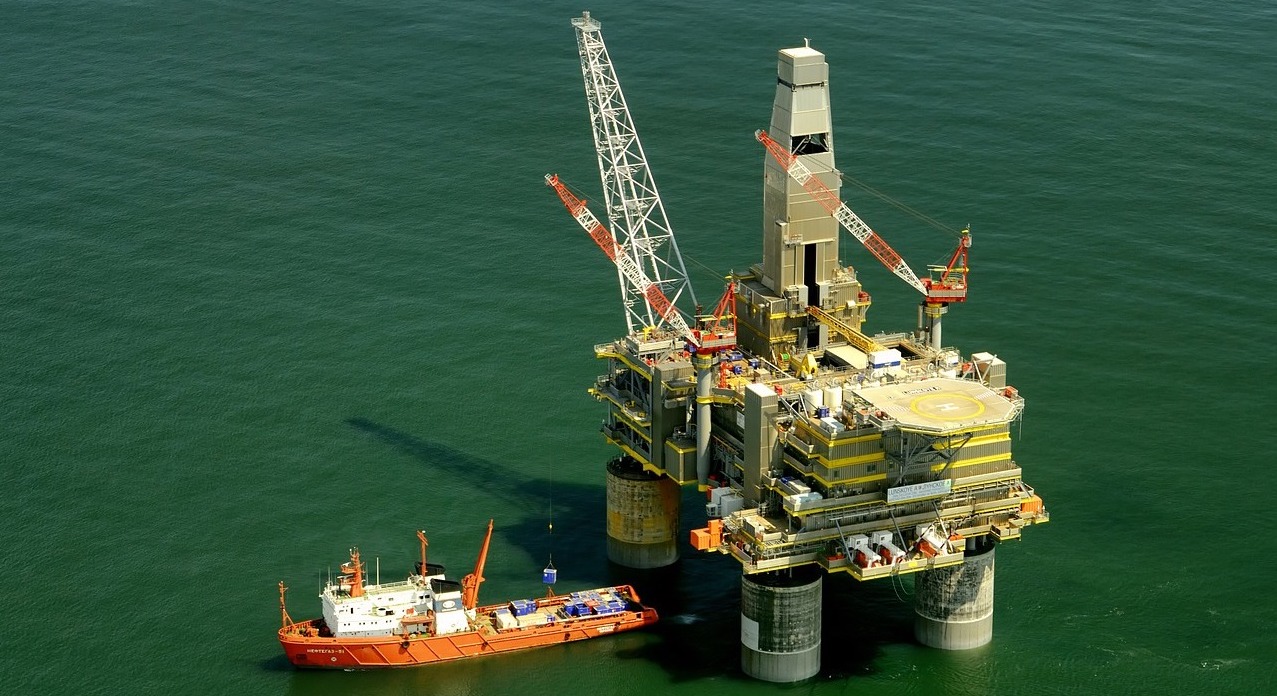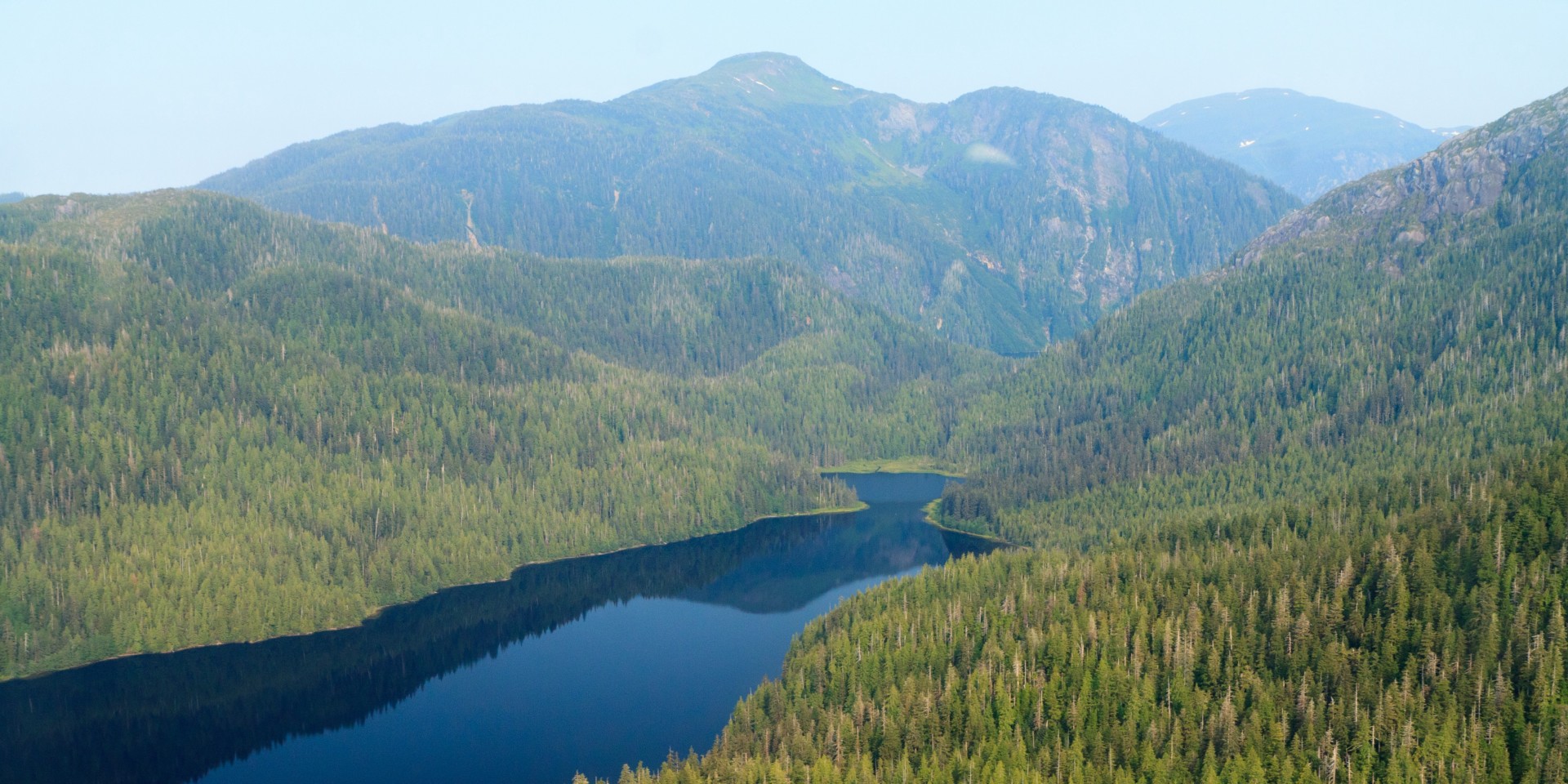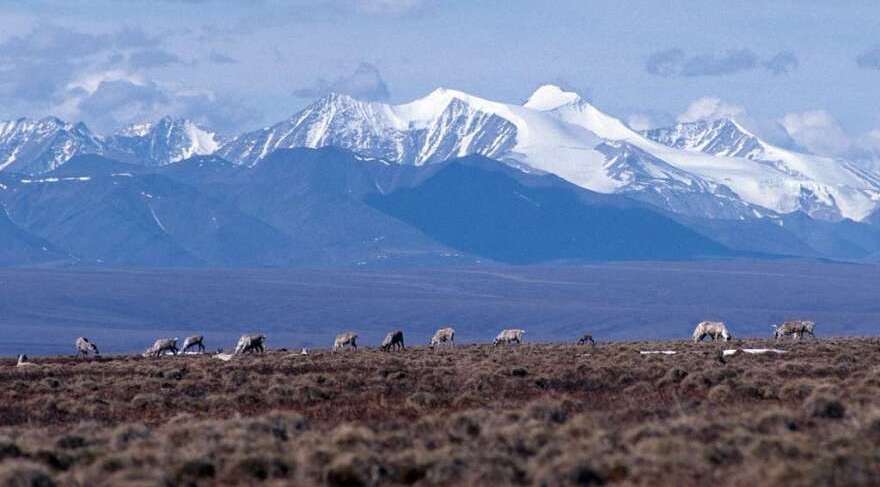
Trump opens entire ANWR Coastal Plain to drilling
Secretary of the Interior Doug Burgum announced that he will open the entire 1.56 million acres of the Coastal Plain of the Arctic National Wildlife Refuge (ANWR) to oil and gas leasing. These lands are sacred to the Gwich’in Nation, home to irreplaceable wildlife, and have never seen industrialization. This was one of a series of resource development actions taken by the Interior Department during a government shutdown, aimed at opening up Alaska for the benefit of corporate interests. (Photo: USFWS via KALW)



